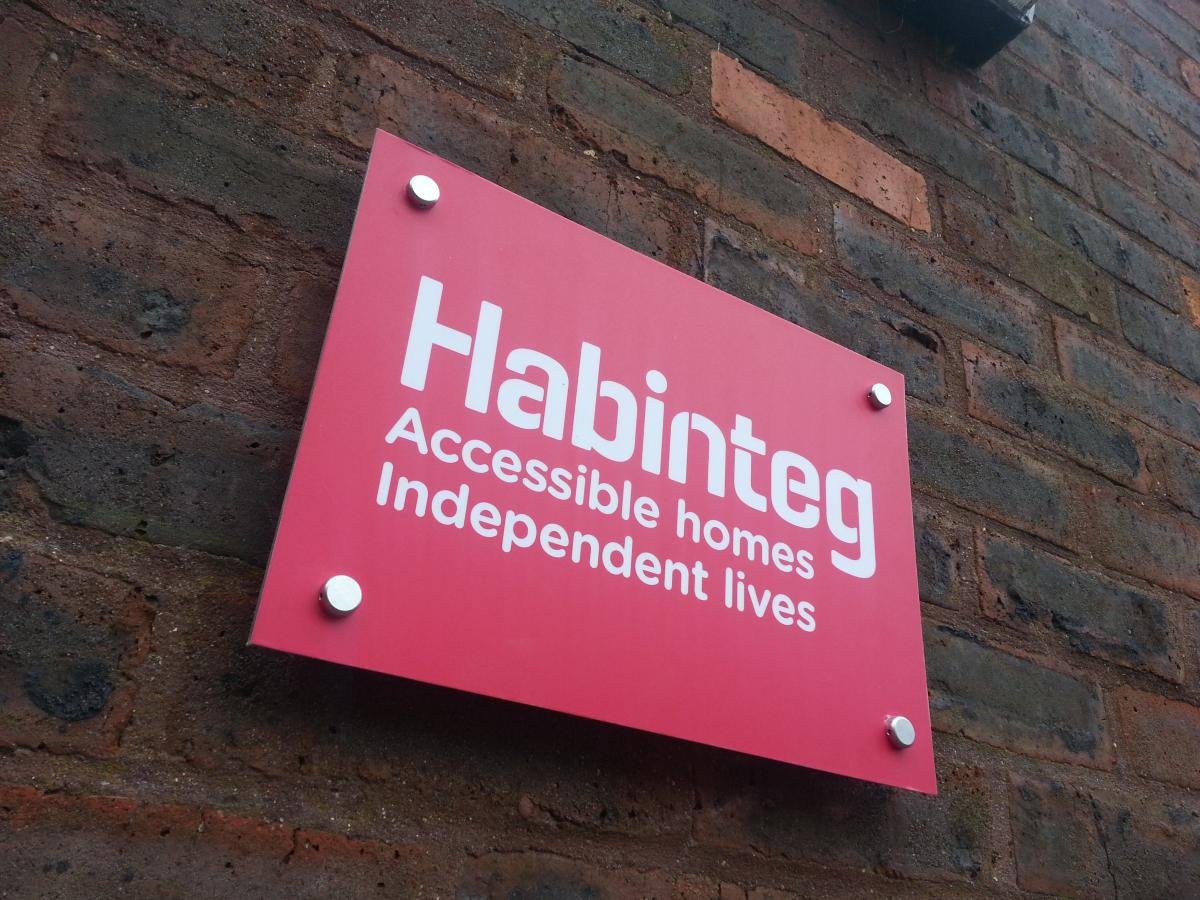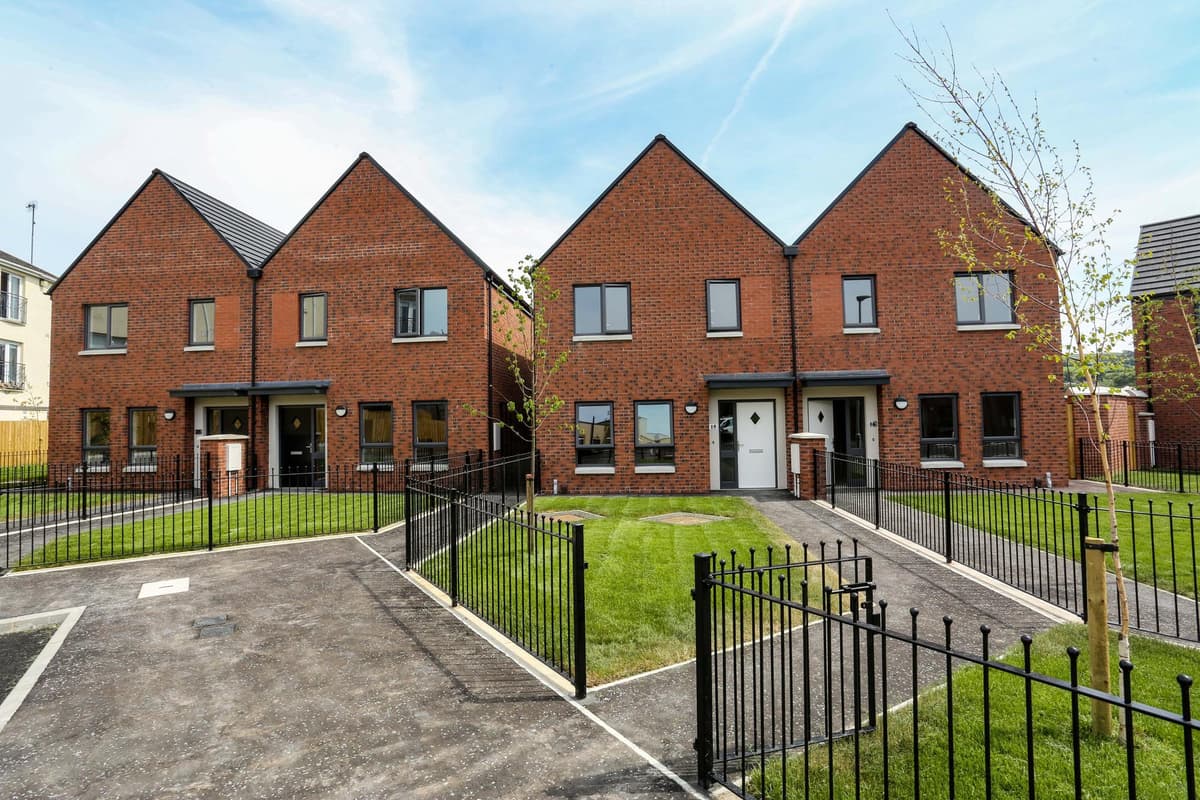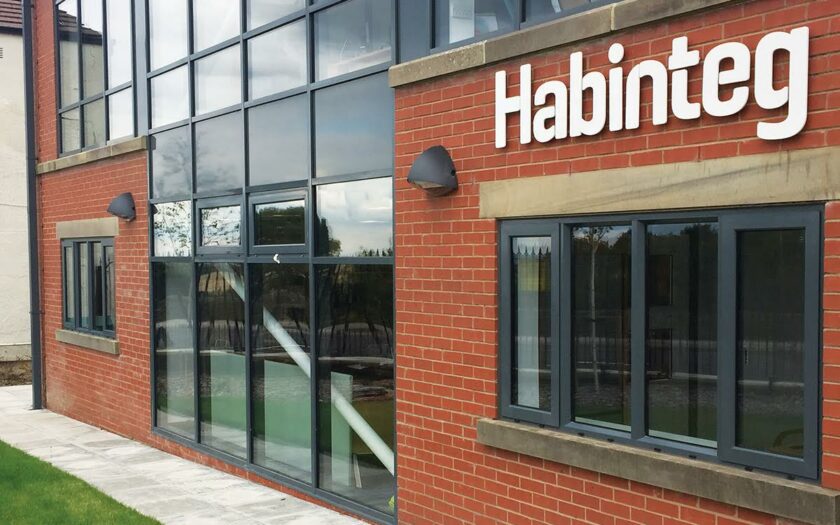Disabled woman credits Habinteg with improving her life after a year in nursing home

Bristolian Sophie Garland, 33, is crediting her Habinteg Housing Association accessible home for the move that changed her life after she spent 14 months in a nursing home.
In February 2020, Sophie was diagnosed with a functional neurological disorder after attending hospital for a severe ear infection. The condition means she does not have full control of her body and she is unable to stand.
Doctors had planned to keep Sophie in hospital for three weeks, however the COVID-19 pandemic saw Sophie moved to a nursing home’s dementia ward due to a lack of accessible housing available for her. She was aged 30.
“The plan was for me to stay there for a month before moving into somewhere with assisted living, but that turned into 14 months. If COVID-19 didn’t exist, the nursing home would have been fine, but I was shut away in a room under strict rules,” said Sophie.

“They didn’t let anyone in or out. Being on a dementia ward, I felt I was either treated like their granddaughter or a patient with dementia. It was extremely hard on my mental health.”
Working with a social worker, Sophie considered various flats just outside of Bristol before applying for a Habinteg accessible and adaptable flat. In October 2021, she made the life-changing move to her Gainsborough Court home.

“I love my new flat. My mental health has improved dramatically. There’s so much space for me to move from room to room in my wheelchair, and I’m free to leave whenever I want.
“I have carers who come in four times a day, but the countertop in my kitchen is wheelchair height if I want to cook for myself, and I have an accessible bathroom. The access in the flat is fantastic, and it’s so spacious.”
Habinteg’s latest research, Living not existing: The economic and social value of wheelchair user homes, revealed that building more wheelchair user homes for disabled people, from children to adults over 66, could save the public purse millions over a 10 year period.

For working age adults, like Sophie, the additional cost of building a wheelchair user home – instead of an accessible and adaptable home – is around £22,000 with the potential ten-year financial and social benefit to the individual and the public purse being around £94,000.
Beyond the physical benefits of her new home, Sophie has also found a vibrant social community: “The coffee mornings here have been great. It’s the only activity I will definitely go to as I get to socialise. I’m so happy in my flat now, and I love the location.”
To ensure there are more success stories like Sophie’s, Habinteg is urging the Government to act now so that more people who need an accessible home can get one.
The housing association is asking Government to implement the planned new regulatory baseline for all new homes – the M4(2) accessible and adaptable standard, also known as the M4(2) standard in building regulations – and ensure it is enforced by Local Authorities.
And they are asking for a revision of the National Planning Policy Framework to explicitly require all local plans to include a specific policy and target for new homes built to the higher wheelchair accessible standard, known as M4(3). Sign their petition at https://petition.parliament.uk/petitions/643454.

